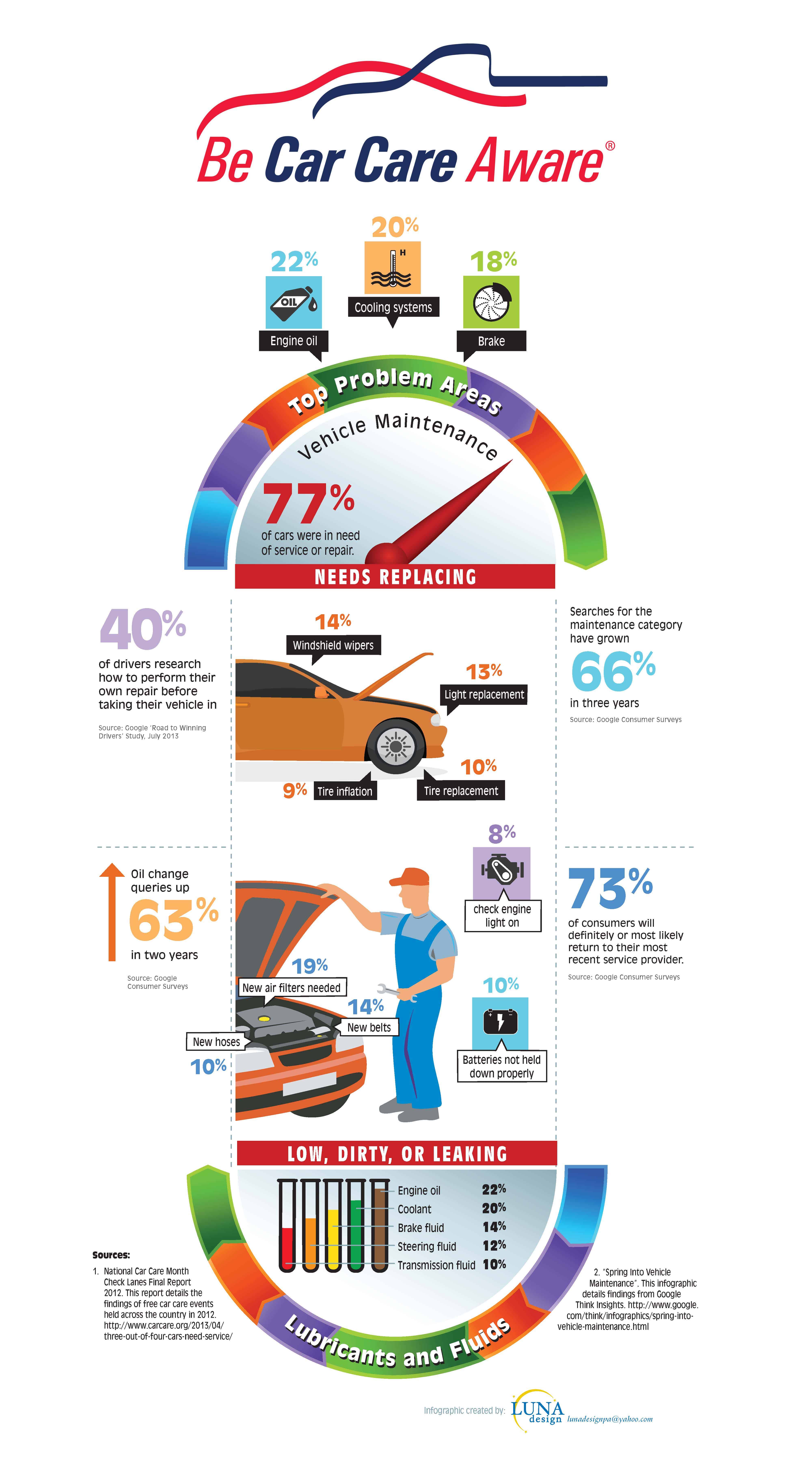Heatpump Vs Furnace - Which Is The Better Heating Choice For Your Home?
Heatpump Vs Furnace - Which Is The Better Heating Choice For Your Home?
Blog Article
https://www.kare11.com/article/news/local/tips-for-keeping-your-cool-in-the-crushing-heat/89-4efe5d25-051a-401b-9ed8-1cfa6f031749 -Bonner Neumann
Many property owners know with furnaces, which heat homes with oil or gas and press hot air through ductwork. They are reasonably economical and can supply dependable home heating also during a wintertime power interruption.
Nevertheless, they use fossil fuels and create carbon monoxide and other air pollution. They additionally aren't as energy-efficient as a high-efficiency heatpump.
Cost
Typically, heat pumps are a lot more budget-friendly to operate than furnaces. They normally use power and refrigerant to remove warm from outside air, and afterwards move it right into your home. You can make the most of cheaper electricity prices throughout off-peak hours to additionally lower your heating costs.
Unlike heatpump, gas or wood-burning heating systems use combustion to create warmth, producing flue gases right into the ambience that can be dangerous to your health. These heating systems are also less energy-efficient than heatpump, and their higher operating expense can build up in time.
Furnaces are extra complicated than heat pumps and require normal maintenance to make sure the appropriate function of all parts. In spite of this, they have a tendency to last longer than heat pumps with a regular lifespan of 20 years or even more. Nonetheless, you'll need to consider the cost of gas, fuel oil or timber and the extra devices needed for installation and operation such as air ducts and air flow systems.
Power Effectiveness
Heatpump have a higher power performance ranking than heaters. These systems make use of electricity to feed on warm from the air, even in freezing temperature levels. They can also eliminate excess warm from the home during warmer months and reuse it to cool down the system. Service provider professionals can assist you establish the most effective version for your home on climate and source energy expenses.
Furnaces burn gas oil, lp, gas or various other types of nonrenewable fuel source to warm the air in the home. This air is then dispersed with ductwork utilizing a big follower. Heaters create greenhouse gases and need regular upkeep and devices upgrades to make sure secure operation.
The most significant benefit of a heater is that it can be run also in harsh winter months problems because it does not count on exterior temperature levels to warm up the air. Furnaces additionally have a longer lifespan than heat pumps and typically last 15 years. They can also be coupled with double gas choices, which choose the most efficient heating option based upon the weather condition.
Environment
Heatpump work well in modest environments and make use of less source power than heating systems. Nonetheless, if your region is extremely cold, you may require to buy a common gas heating system instead.
Heating systems give cozy, relaxing warm and typically supply quick home heating to raise interior temperature levels. These systems can be used with a selection of gas types, consisting of gas, propane, oil or electrical power.
They consume extra energy than heat pumps-- up to 3x as much-- and require ductwork that's costly to install or retrofit. They're likewise a lot more costly to maintain, as they can trigger air quality concerns and create greenhouse gas discharges.
If you're committed to lowering your carbon impact, a heat pump is a good selection for your home. They have less greenhouse gas emissions than heaters, particularly if you pick an ENERGY STAR ® heatpump. Your regional Carrier specialist can describe the differences between these two heating systems and help you make the very best decision for your one-of-a-kind requirements.
Personal Preferences
Heating systems can be extremely power reliable when powered by natural gas, propane or oil, but they aren't as energy efficient as heat pumps in frigid climates. They can also be extra expensive to install, requiring gas lines and ventilation systems.
Nevertheless, heaters often tend to require much less maintenance, which can cause reduced continuous prices. They produce fewer greenhouse gases and are extra dependable than heatpump during severe weather condition.
Electric heat pumps are much more versatile in producing interior comfort due to the fact that they can additionally act as ac system throughout warmer months. They can be easier to maintain, requiring only normal air filter adjustments and occasional vacuuming.
If you choose the benefit of a solitary system that does it all, consider a crossbreed heating option that pairs a heater with an electrical heatpump. These systems can instantly switch over in between the two home heating choices based upon your home's requirements and temperature level problems, optimizing effectiveness and financial savings.